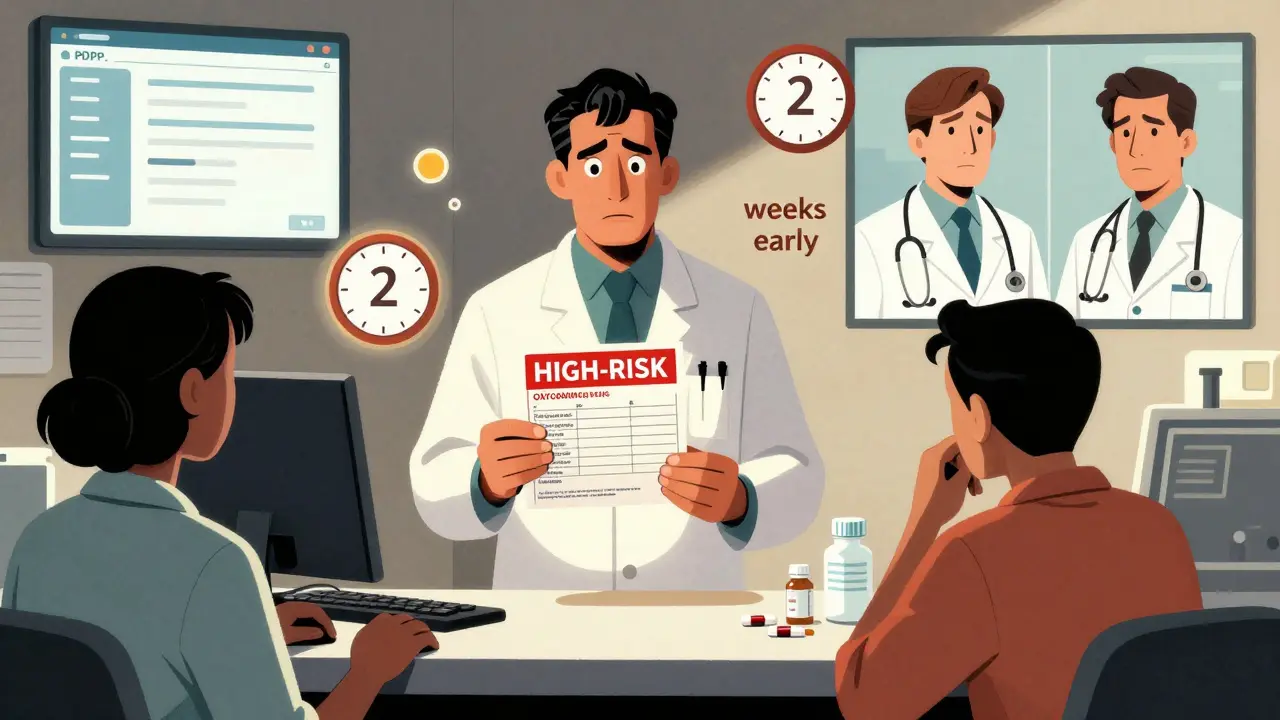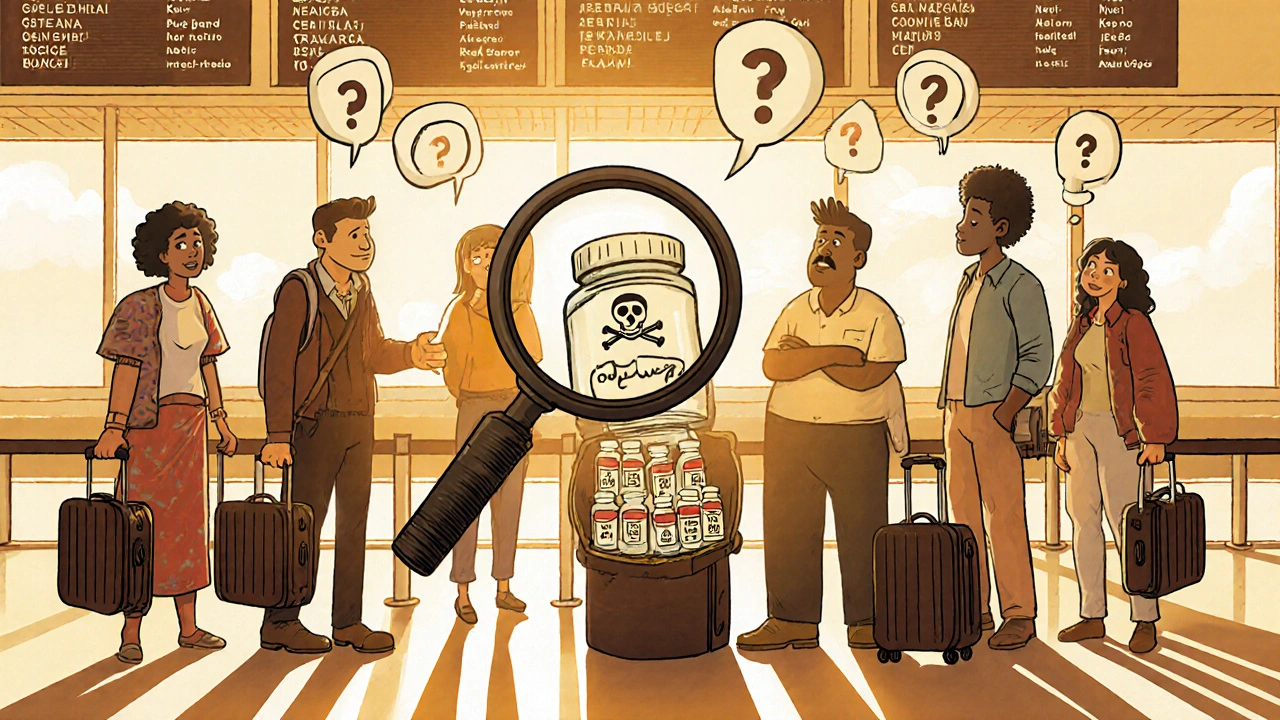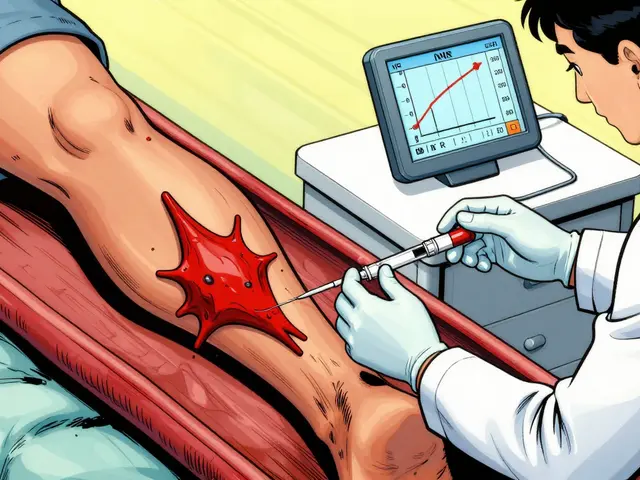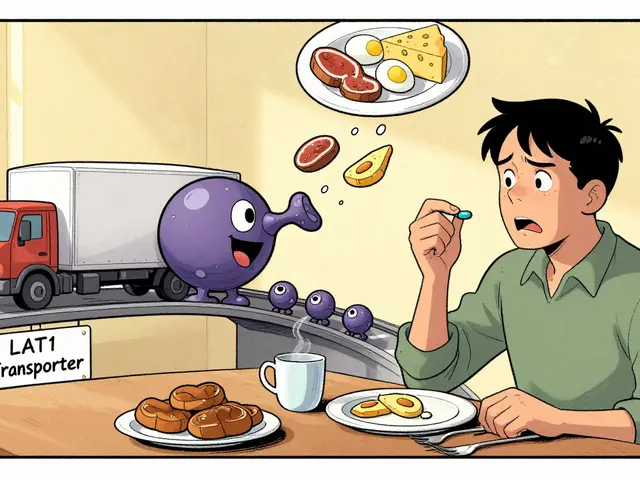Medication Safety: How to Keep Your Medicines Working and Stay Safe
A single wrong pill can cause serious harm - most medication errors are preventable. This tag gathers no-nonsense tips and reliable articles about buying meds, spotting fake pharmacies, side effects, interactions, storage, and safe disposal. Use these quick checks before you buy, open, or share any medication.
Buying and ordering medicines
Only use pharmacies that require a prescription for prescription drugs. Look for credentials like a national board seal or verified online pharmacy program. Red flags: no prescription required, no pharmacist contact, prices that seem too good to be true, and websites that hide a physical address. When ordering, match the pill's imprint, color, and packaging to official descriptions. Save receipts and photos in case you need to report a problem.
Be cautious with international sellers. Some countries allow different brands or concentrations. If you buy across borders, ask your doctor if the foreign version matches your prescription. Never mix pills from different bottles unless a pharmacist tells you to.
Using, storing, and tracking effects
Read the patient leaflet every time you start a new medicine. Note key warnings: interactions, timing with food or alcohol, and common side effects. Keep a simple list of what you take - include doses, times, and the reason you take each drug. Share that list with every new doctor or pharmacist.
Store medicines out of direct sunlight and away from heat and moisture unless the label says otherwise. Use a locked box for households with children or visitors who may misuse drugs. Check expiration dates; throwing away expired medicines stops them from losing potency or causing harm.
If something feels off - new symptoms, a rash, sudden mood change - stop the drug only if your clinician or the leaflet says so, then contact your provider. Report serious side effects to your doctor and to your country's drug safety agency; reporting helps protect others.
Drug interactions are a common danger. Before adding any new prescription, OTC, or supplement, check interactions using a reliable tool or ask a pharmacist. Herbal supplements can be powerful and messy with medicines - mention herbs like St. John's wort, ginseng, and grapefruit to your clinician.
Final quick checklist: confirm pharmacy credentials, verify the pill, keep a current medicine list, store safely, and report problems. This tag page links to detailed guides on popular drugs, online pharmacy reviews, and practical how-tos so you can act fast and smart when medication questions come up.
Special groups need extra care: kids, pregnant people, and those with liver or kidney conditions. Dosing differs by age and weight, so use a measured syringe for liquid meds and ask for a written dosing plan. Older adults often need simpler schedules and reminders; a weekly pill organizer and alarms help. If you travel, pack medicines in original containers, bring a copy of prescriptions, and check storage needs - some vaccines and biologics need cold packs. When in doubt, call your pharmacist. Keep emergency contacts updated and know who to call today.








